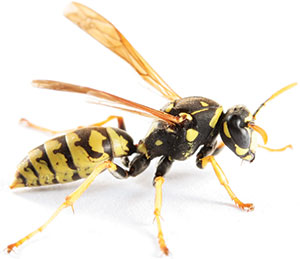
PHOTO: ISTOCK.COM/ARLINDO71
You may remember to total solar eclipse in 2017 in North America that everyone was buzzing about? Well, research from the University of Missouri is reporting that bees stopping buzzing, and all movement, completely during totality.
Candace Galen, Ph.D., professor of biological sciences at the University of Missouri and lead researcher on the study, organized citizen scientists and elementary school classrooms to help set up stations for acoustic monitoring of bees. Sixteen monitoring stations were set up in the path of totality in Oregon, Idaho and Missouri.
Supported by a grant from the American Astronomical Society, the research report states that at all sites but one, “no buzzes were detected during the 3-min window centered on totality.” Bees also demonstrated longer flights during times of partial eclipse flights, responding to the changes in “light intensity.”
The new information confirms that bees have the same response to total darkness — no matter when it happens.
On April 8, 2024, North American will see another solar eclipse. Galen and team plan to improve the audio-analysis software, according to a report from the Entomological Society of America. As the report states, “We bee chasers, including some promising new recruits, will be ready.”
Leave A Comment